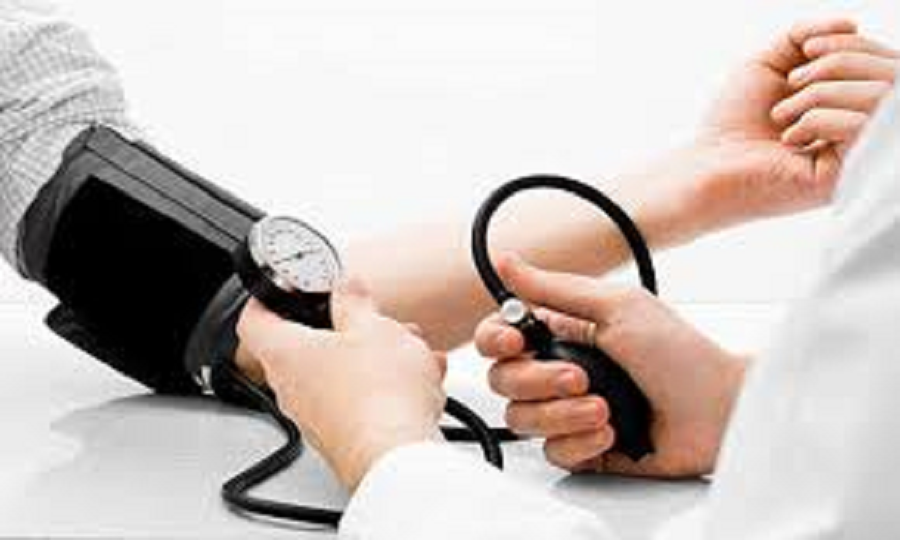- Exercise regularly.Exercise reduces stress, improves mood, and boosts overall health. It also helps you sleep better.
- Build a support system. For some people, becoming part of a religious community helps reduce stress. For others it may be diving into a swim club, or a sewing circle. But wherever you find them, solid friendships help you feel warmth, security, connection.
- Keep a positive attitude. Look for silver linings and good news. Make a gratitude list.
- Let go of negatives. Accept that there are things you cannot control.
- Be assertive instead of aggressive. Instead of becoming angry, defensive, or passive, assert your feelings, opinions, or beliefs.
- Find ways to relax. Learn to meditate. Try a relaxation app. Listen to the great music of classical composers.
- Develop new interests. Having a sense of adventure can help you reduce stress. Tune in to your dreams. Find things to be passionate about. Find a hobby. Be creative!
- Get enough rest and sleep. When you're under stress, your body needs time to recover. Give it the rest it needs.
- Eat healthy, balanced meals. Your body needs good nutrition to fight the effects of stress. Also, don't rely on alcohol to quiet your anxiety.
- Volunteer. When you commit yourself to helping others, you find purpose. You take the focus off yourself, but you achieve a feeling of accomplishment.
Dieting or not, everyone needs a mix of those nutrients, ideally from foods. A good general rule is to use MyPlate, which makes it easy to envision just how much of each food type to include in your meal. Fill half your plate with fruits and vegetables. Split the other half between whole grains and lean protein. Stick to your calorie “budget,” because when you're working on losing weight, you need to burn more calories than you eat or drink.
Exactly how many calories you should get per day depends on your goal, your age, your sex, and how active you are. A dietitian can help you figure that out. Don't cut your calories too much, or your diet is going to be hard to stick with and may not give you the nutrients your body needs.
More tips:- Choose nonfat or 1% milk instead of 2% or whole milk.
- Pick lean meat instead of fatty meat.
- Select breads and cereals that are made with whole grains and are not prepared with a lot of fat
- You don't have to completely avoid all foods that have fat, cholesterol, or sodium. It's your average over a few days, not in a single food or even a single meal, that's important.
- If you eat a high-calorie food or meal, balance your intake by choosing low-calorie foods the rest of the day or the next day.
- Check the food labels on packaged foods to help you budget fat, cholesterol, and sodium over several days.
"Good fats" can be found in olive oil, and some, but not all, vegetable oils like canola, as well as food like:
- Nuts and seeds
- Cold-water fish such as salmon and tuna
Curb the sweets . Limit sugary drinks and desserts and sweetened dairy products. They can be loaded with calories and have little nutrition.





